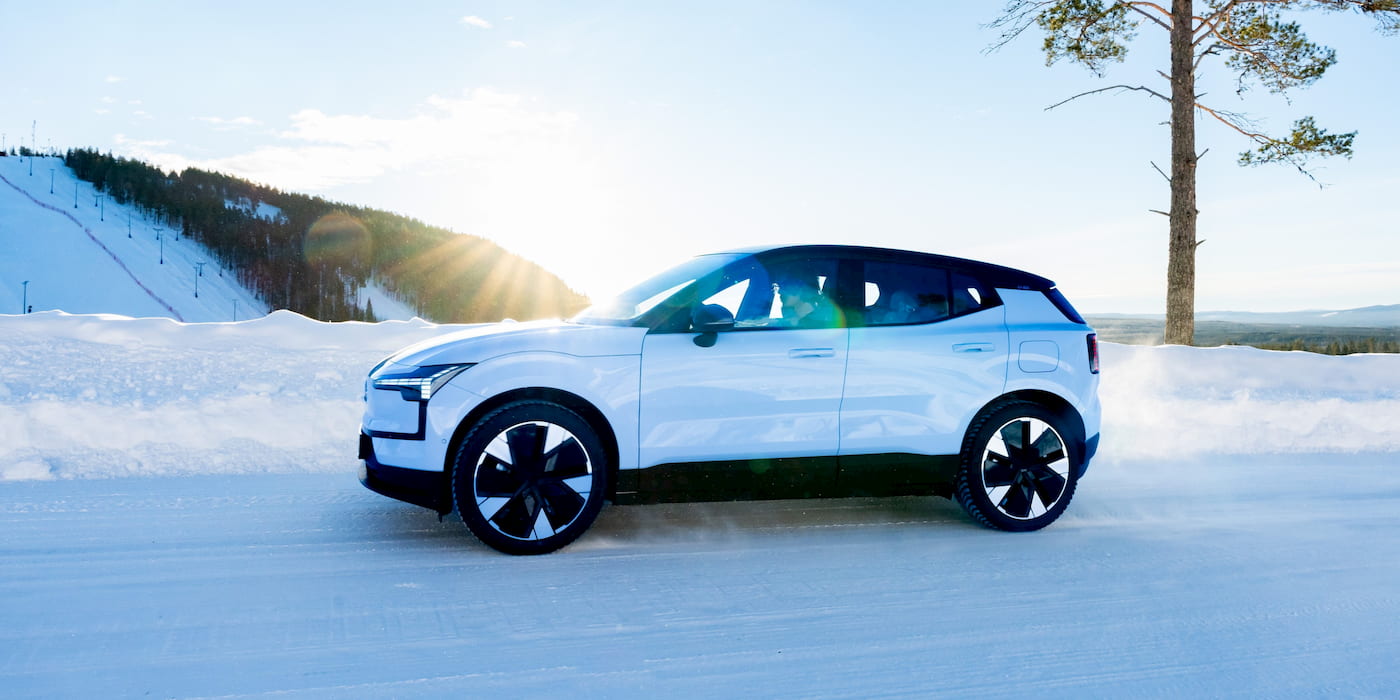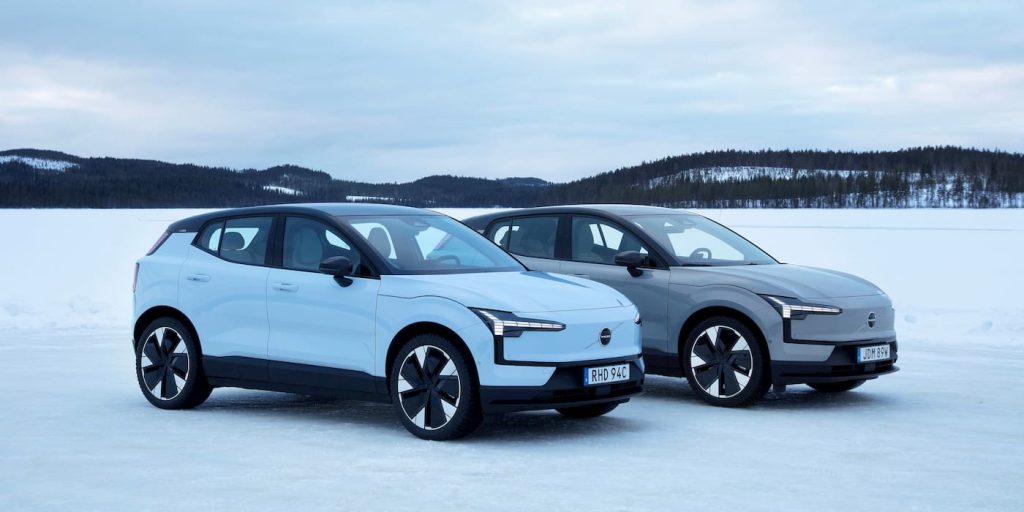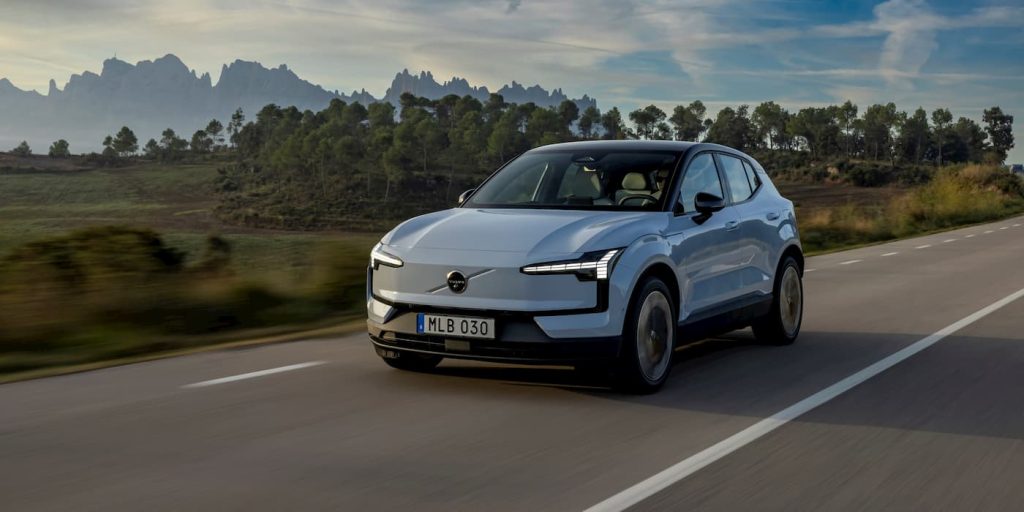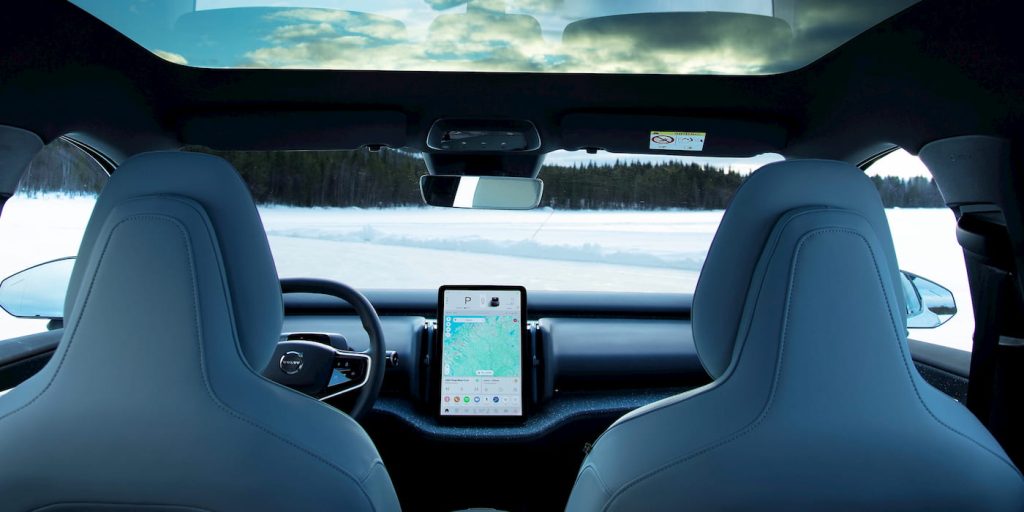
With new tariffs introduced on EVs made in China, Volvo is criticizing the EU’s decision, saying it will only hurt buyers. Meanwhile, Volvo suggested the US-bound EX30 could come from Belgium as it looks to avoid newly introduced tariffs.
Volvo began building its new low-cost EV, the EX30, in Zhangjiakou, China, last fall. With a starting price around $38,500 (36,000 euros), Volvo’s EX30 is already off to a hot start.
The EX30 is “one of the best-selling fully electric cars in Europe” in its first few months on the market, according to Björn Annwall, chief commercial officer and deputy CEO at Volvo Cars. Volvo sold 14,500 EX30 models in the first three months of 2024, nearly topping the EX40 at 17,400.
Volvo, owned by China’s Zhejiang Geely, is criticizing the EU’s planned tariffs on EV exports from China.
The European Commission revealed plans to impose additional tariffs on Chinese-made EVs by up to 38.1% last week. Geely was on the list with a 20% additional tariff.
Volvo’s deputy CEO, Bjorn Annwall, told the Automotive News Europe Congress in Frankfurt last week that the company supports open and fair trade. “Anything that gets in the way of that is not a good thing.”

Volvo hints EX30 could come from EU amid new tariffs
In the end, the customer will pay, Annwall explained. Volvo plans to begin EX30 production in Ghent, Belgium, but not until 2025.
According to Annwall, the EX30 could be exported from Belgium to the US. The comments come after the US raised tariffs on Chinese EVs by up to 100% last month.

Volvo is preparing to launch the EX30 in over 90 countries by the end of 2024. In the US, the 2025 Volvo EX30 starts at $34,950, making it one of the most affordable EVs on the market. It also features up to 275 miles range.
Despite its low cost, the EX30 comes loaded with the tech and safety features expected from Volvo. Volvo’s EX30 includes Google built-in, with Apple CarPlay.

The EX30 is offered in two powertrains: a Single-Motor Extended Range and a Twin-Motor Performance.
Volvo is standing by its commitment to going all-electric by 2030 despite rivals pulling back on EV plans, citing “slower-than-expected” demand.
Annwall said premium brands, like Volvo, will have an easier time growing EV sales because they can achieve price parity with their corresponding ICE models sooner. Volvo plans to reach that “well before 2030,” Annwall said.
Source: Automotive News
FTC: We use income earning auto affiliate links. More.



Comments